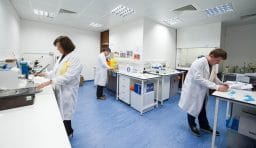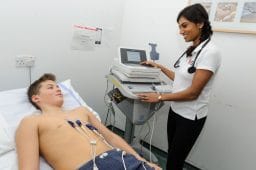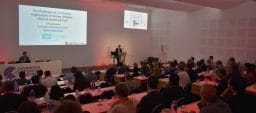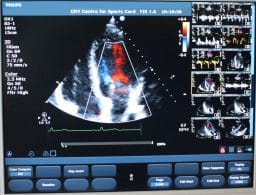
CRY has a dedicated bereavement support programme to support families after the tragedy of the sudden cardiac death of a young person aged 35 or under. CRY’s bereavement support services are essential for our efforts to support bereaved families after a young sudden cardiac death. Background What we propose Background So many people have contacted CRY














